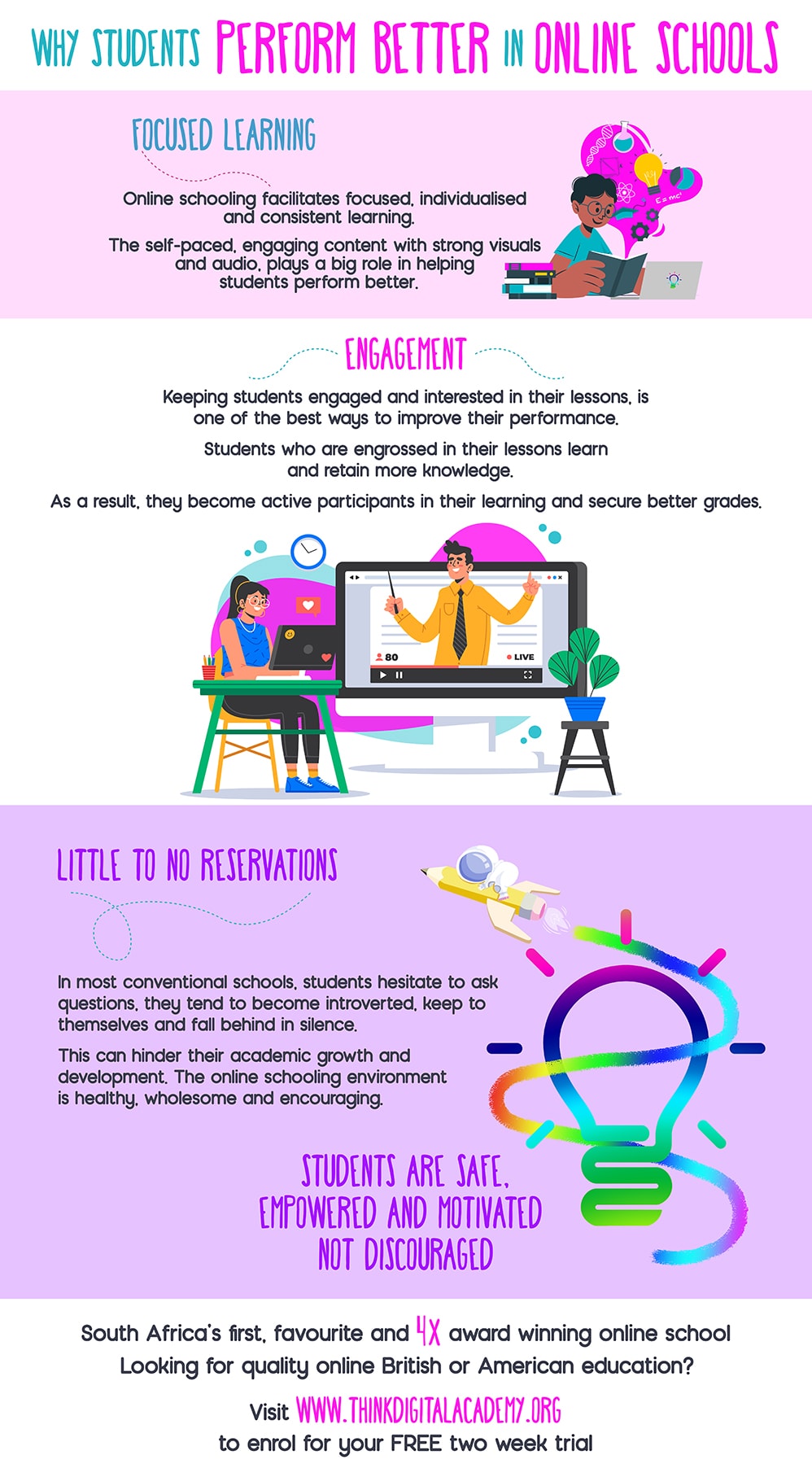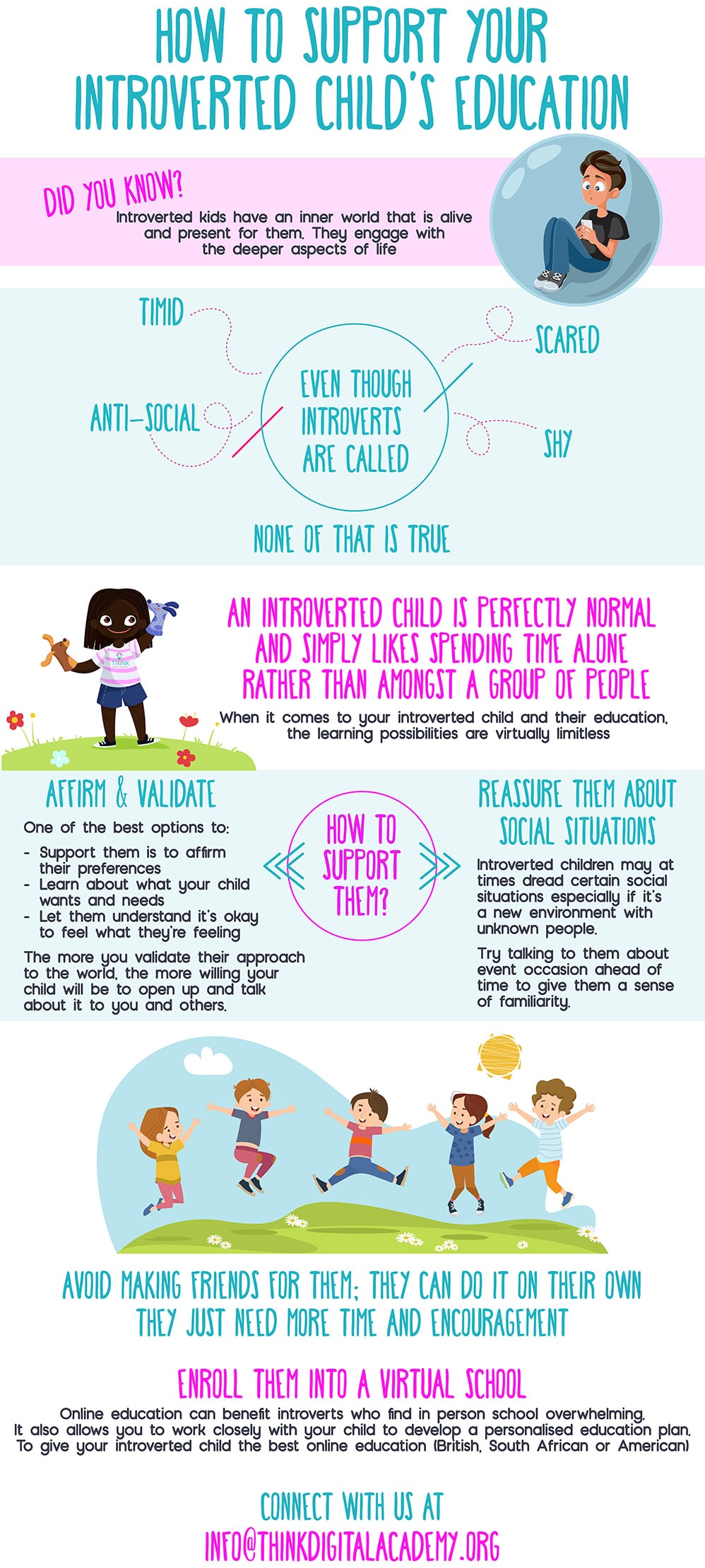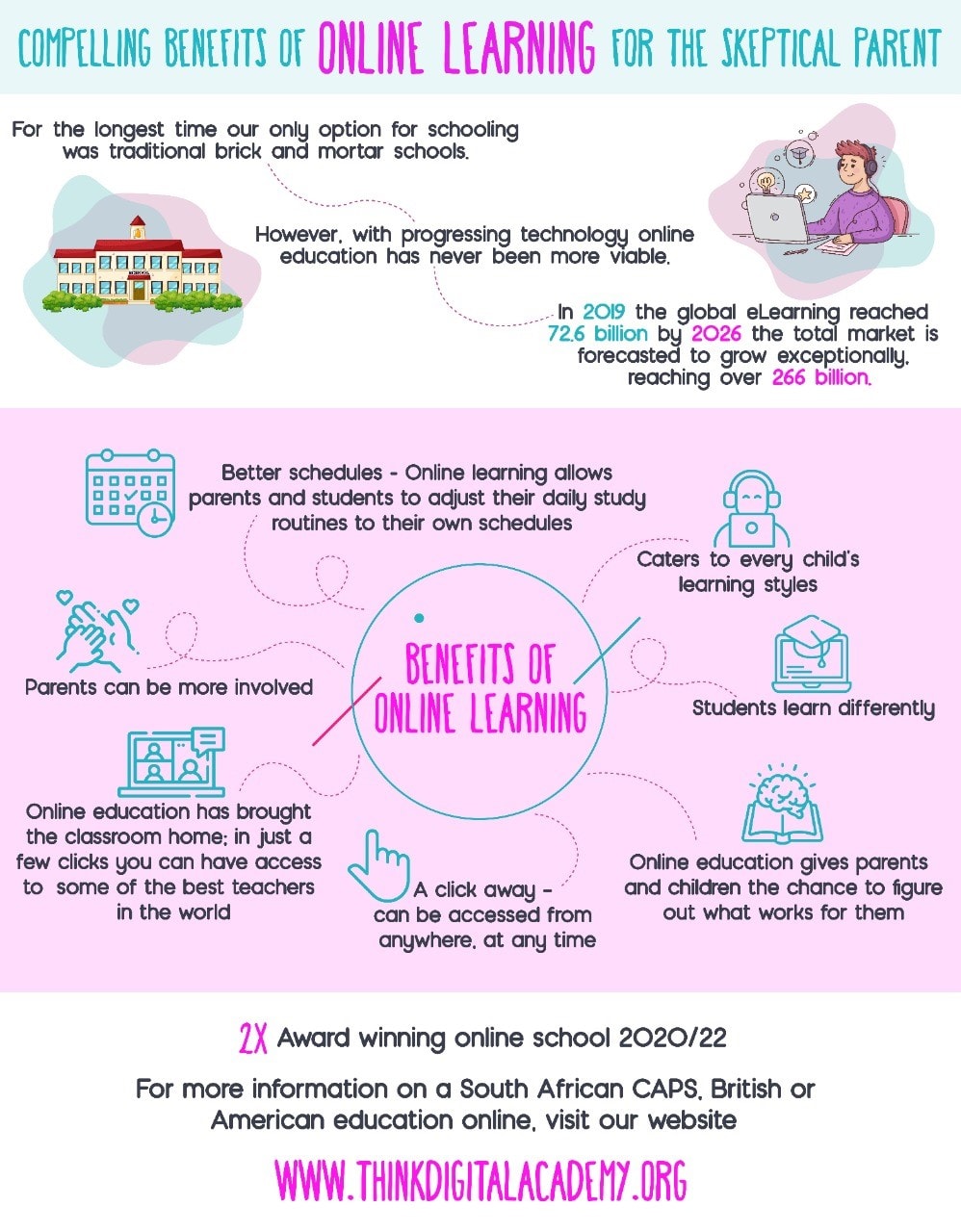According to research, school bullying has increased drastically over the past decade. Millions of students are being targeted across the globe, especially in South Africa. While anti-bullying measures help to some extent, they don’t eliminate the risk of bullying. Perpetrators still find ways to harass, abuse and torment their victims, making students more vulnerable to falling behind in school, developing anxiety, developing low self-esteem and isolating themselves.
School bullying is often linked to the conventional (in-person) schooling system. Conventional schools have a high student-teacher ratio, which makes regulation nearly impossible. Teachers are unable to monitor students and identify instances of school bullying. Poor monitoring results in poor detection. Most cases of school bullying go unnoticed and escalate over time.
In this article, we’ll help you take the right measures if your child is being bullied. These measures will help you protect your child’s mental health and get their personal, academic and social growth back on track.
Speak with other parents
When parents first realise that their child is being bullied, they mostly reach out to their teachers / the institution. We recommend avoiding this approach. The school may come up with a cover-up to protect its reputation. They may not take your concerns seriously and downplay the incident. You’ll walk away with false reassurance.
As a rule of thumb, reach out to other parents. Call your child’s friends’ parents and inquire into whether they’ve noticed that their children are being bullied as well. Chances are that they’ve noticed a shift as well. If this is the case, collectively schedule a meeting with the school. Going in a group is better than going alone. There’s little to no risk of your concerns being dismissed.
Make sure you emphasise the lack of in-school regulation. We’ve observed that most conventional schools have a particularly high student-teacher ratio. In some cases, as many as 30 or even 40 students are taught in one classroom. This makes it nearly impossible for teachers to track each student’s performance and activity in class. If students are bullying their peers, the teacher may never pick up on this.
While it’s important to voice your concerns, it’s also important to understand that most institutions cannot change overnight. If you request greater regulation, it may take months or even years to train their faculty and employ more teachers.
Switch schools
As stated earlier, demanding institutional change can be very tricky. If your child is being bullied at school, we recommend switching schools. Compared to conventional schooling, online learning is deemed better for student mental health.
At Think Digital Academy (TDA), students can watch and re-watch lessons as many times as they need to in order to master the concepts before moving on. The risk of in-class bullying isn’t just reduced, it’s entirely eliminated. Students are encouraged to virtually interact with their peers on their online Forum which is well-moderated. If there’s even a subtle hint of bullying, racism, harassment or abuse, our Student Success Coaches step in immediately and remove the student from the virtual space. We believe that student mental health isn’t just important; it’s imperative. We go to great lengths to preserve it.
TDA students making use of the Forum are reminded and encouraged to work on their soft skills such as respect, teamwork, patience, acceptance and empathy. These skills help students develop respect, compassion and care for their peers, which brings about a change in their mindset.
At Think Digital Academy, we help students become well-rounded individuals who cheer each other on, not bring each other down.
Create and maintain an open line of communication with your child
Most instances of school bullying go unnoticed because parents fail to identify them. Students feel embarrassed opening up about these instances. They may fear that their parents will scold them. They may also feel weak for being unable to defend themselves.
As a parent, it is your responsibility to create and maintain an open line of communication. Your child should feel comfortable approaching you at all times. If you’ve suspected that your child is being bullied, but they’re not confirming it, start by working on your communication. Spend more time with your child and develop a friendly connection with them.
You can still parent your child without micromanaging them to the point that they feel suffocated. Your child will not open up to you if they feel that you’re judging or berating them every time they converse with you. Develop a different approach. An open, friendly, supportive and empathetic approach will make it easier for your child to trust and open up to you. They’ll begin to share more with you.
This approach works exceptionally well, as it makes parents aware of what’s going on in their child’s life. If they’re being bullied, you’ll know exactly who is bullying them and how it’s affecting your child. This information will go a long way in helping you reach out to the right people and protect your child. However, many parents never receive this information because their children don’t trust them. If you fear that this is the case, start undoing the damage right away. It will help significantly.
Schedule a counselling meeting for your child
We understand that many students who join our institution have dealt with cases of school bullying in the past. While these instances stop once students start their online schooling journey, the pain caused by bullying often persists for much, much longer. It’s also possible that the bullying is ongoing. Your child’s previous school bullies may still be in touch with them, virtually or during friend hangouts.
Schedule a counselling meeting for your child. In this way, you can ensure that your child is receiving consistent support, which goes a long way in helping them acclimatise to online learning.
We believe that maintaining this balance is extremely important. To perform well in school, students must feel content, motivated, and rested. We offer greater flexibility than conventional schooling, helping students focus on other aspects of their lives: sports, skill development, hobbies, excursions, socialisation, traveling, volunteering, etc. Students are not bullied at Think Digital Academy. In fact, they’re allowed to heal from past bullying.
Support your child
Parental support is extremely important. If your child is being bullied at school, they need to be cared for. They need support, guidance, reassurance and encouragement. As a parent, make sure you’re there for your child. Care for their needs and make sure they understand that they have endless support from their parents, siblings and friends. Plan a small get-together for your child. If your child is older, make sure you ask them beforehand. If they agree, start preparing.
Asking your child is extremely important, as older students aren’t always fond of surprises. It’s also possible that you accidentally invited someone your child wasn’t planning to see. Parents don’t always know what’s going on in their child’s life, no matter how close they may be. Ask your child beforehand. If they’re younger, you can proceed with a surprise. However, you should still take special care when choosing who to invite. The last thing you want to do is invite your child’s bully.
In addition to planning a fun get-together for your child, speak openly and candidly with them. Tell them that you’re there for them and willing to listen. Instead of being intrusive and pushing, simply extend the invitation to talk and let them use it if they need to, when they need to. As a parent, you must respect your child’s boundaries. Do not, under any circumstances, share the information they disclosed to you with other parents. You may feel like this is the right thing to do. However, you must protect your child’s privacy and avoid going against their wishes.
Remember, children can easily lose trust in their parents. You do not want this to happen. Your child may stop sharing anything with you. Avoid this by helping when they need help and giving them the space to heal. Extending the token of support will go a long way in helping your child understand that you’re there for them when they need you!
Ask your child how you can help
This is one of the best measures you can take as a parent. Unfortunately, many parents impose their own understanding of care and support on their children. This isn’t always the correct approach. You may think setting up a fun family activity will help your child take their mind off the bullying. While this sounds like an excellent approach, it’s not always what children need. It’s possible that your child doesn’t want to interact with family members. They may prefer something more private with just the two of you. Every child has a different understanding of care and support.
The best thing you can do is ask them how you can help. They may want to vent. In that case, you can listen and show your support as a parent. It’s also possible that your child prefers distraction as a way of coping with the bullying. In this case, you can ask them what sort of activity they’d like you to plan. This is a great way to provide the care and support your child needs at any given moment.
At Think Digital Academy, we’re committed to helping students enjoy good mental health, secure good grades and become well-rounded students. If your child is struggling in school, consider making the switch to online learning.
We provide a quality South African and British online education to students all around the globe. Let’s start securing a brighter future for your child.
Free trial
Why not try our online learning environment by enroling for our free 14 day trial.






